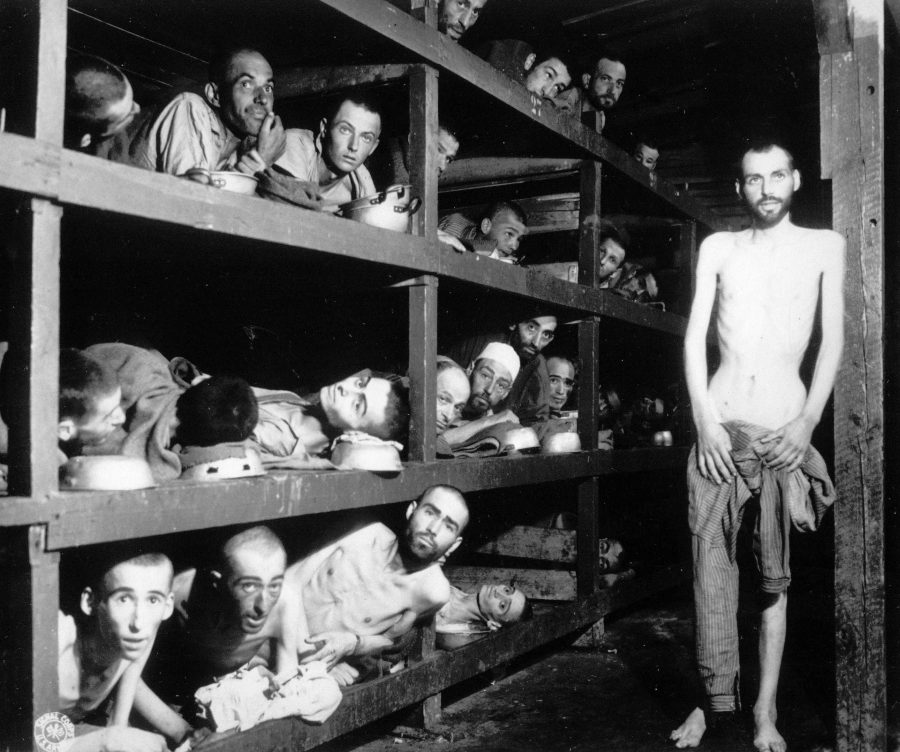This past weekend, as America began to celebrate, somewhat prematurely, the 240th anniversary of its independence, the world lost one of its best. Elie Wiesel, a Nobel laureate and Holocaust survivor, passed away at the age of 87.
To those unfamiliar, Wiesel wrote the book Night, the true story of his journey with his family through ghettos and concentration camps during the Holocaust. The book is a part of high-school curricula across the country and is as impressively written as it is horrifying.
Wiesel was a beautiful soul and an individual who quite literally overcame all odds against him simply to survive. He was — and is — an example of the undeniable impact the Holocaust and the hatred it was fueled by has had on humankind.
But more than that, Wiesel is the definition of why humanity must never forget what happened. Why humanity must never forget our darkest hours for as long as we live. As even the youngest of Holocaust survivors begin to pass away, humans lose their concrete memories and connection to the most atrocious act in human history. We are running the risk of forgetting the Holocaust. We may be dooming ourselves to repeat history.
When all the remaining Holocaust survivors have passed away, there will still be the concrete examples in Israel’s Yad Vashem, the Holocaust museum in Washington, D.C., and the still-standing concentration camps in Europe.
But no longer will children in elementary schools be able to watch an elderly individual slowly roll up her or his sleeve to reveal the most dehumanizing tattoo imaginable. No longer will people be able to feel the hair on their neck stand up as the voice of a survivor wavers in telling the story. No longer will we hear, in the first-person perspective, the stories of hate, greed, anger, love, and passion associated with the Holocaust.
So we need something more. We need another reminder of what happened. Another reminder of the 11 million individuals who were lost, 1.5 million of whom were children. Therefore, the Daily Iowan Editorial Board proposes that April 11 become Elie Wiesel Day.
On April 11, 1945, Wiesel walked out of Buchenwald concentration camp — something he was never meant to do. Uninhibited by the Nazi guards, Wiesel started life over again.
His achievements and contributions to the human experience are undeniable. Ironically, through these contributions, he shows exactly what we lost in the Holocaust. We will never know which of the individuals who perished in the Holocaust could have cured cancer, led revolutions and nations, or won Nobel Peace Prizes (as Wiesel did).
Because far too few individuals will ever travel to Poland and see the physical embodiment of hate, the United States needs a day such as Elie Wiesel Day. Not a day that commemorates the Holocaust victims but a day that selfishly commemorates ourselves. A day that reflects upon the pure potential that was lost in the Holocaust. That forces us to remember what was lost forever and what, thankfully, was not.
In Night, Wiesel wrote, “Those who kept silent yesterday will remain silent tomorrow.” To honor his memory and the memory of those who passed, we must prove him wrong.



